Filter by
SubjectRequired
LanguageRequired
The language used throughout the course, in both instruction and assessments.
Learning ProductRequired
LevelRequired
DurationRequired
SkillsRequired
SubtitlesRequired
EducatorRequired
Find the Best Medical Course for Your Goals

Coursera Instructor Network
Skills you'll gain: Generative AI, Health Informatics, Generative AI Agents, Prompt Engineering, Precision Medicine, Patient Evaluation, Data Integration, Medical Imaging, Healthcare Ethics, Artificial Intelligence
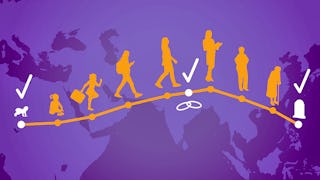 Status: New
Status: NewJohns Hopkins University
Skills you'll gain: Epidemiology, Health Disparities, Public Health, Health Equity, Health Policy, Medical Records, Demography, Vital Signs, Maternal Health, Data Collection, Record Keeping, Health Information Management, Chronic Diseases, Disabilities, Diversity Equity and Inclusion Initiatives, Data Quality, Civil Law
 Status: New
Status: NewCoursera Instructor Network
Skills you'll gain: Data Ethics, Medical Privacy, Generative AI, Generative AI Agents, Medical Management, AI Personalization, Regulatory Compliance, Patient Flow, Healthcare Industry Knowledge, Health Informatics, Personally Identifiable Information, Patient Evaluation, Healthcare Ethics, Health Technology, Health Care, Health Systems, Emerging Technologies, Care Coordination, Data Governance, Innovation
 Status: New
Status: NewCoursera Instructor Network
Skills you'll gain: Generative AI Agents, ChatGPT, Generative AI, Patient Coordination, Practice Management Software, Care Coordination, Case Management, Health Technology, Technology Roadmaps, Health Care Administration, Prompt Engineering, Health Information Management and Medical Records, Change Control, Business Process Automation, Software As A Service, Decision Making
 Status: New
Status: NewCoursera Instructor Network
Skills you'll gain: ChatGPT, Practice Management Software, Technology Roadmaps, Patient Flow, Generative AI, Prompt Engineering, Business Process Automation, Artificial Intelligence, Software As A Service, Patient Registration, Artificial Intelligence and Machine Learning (AI/ML), Health Informatics, Health Technology
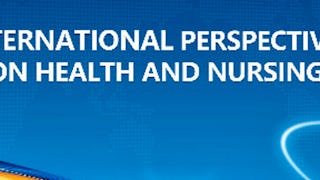 Status: NewStatus: Free
Status: NewStatus: FreePeking University
Skills you'll gain: Nursing, Health Systems, Health Policy, Public Health, Nursing Administration, Nursing Practices, Health Care, Health Technology, Community Health, Medical Science and Research
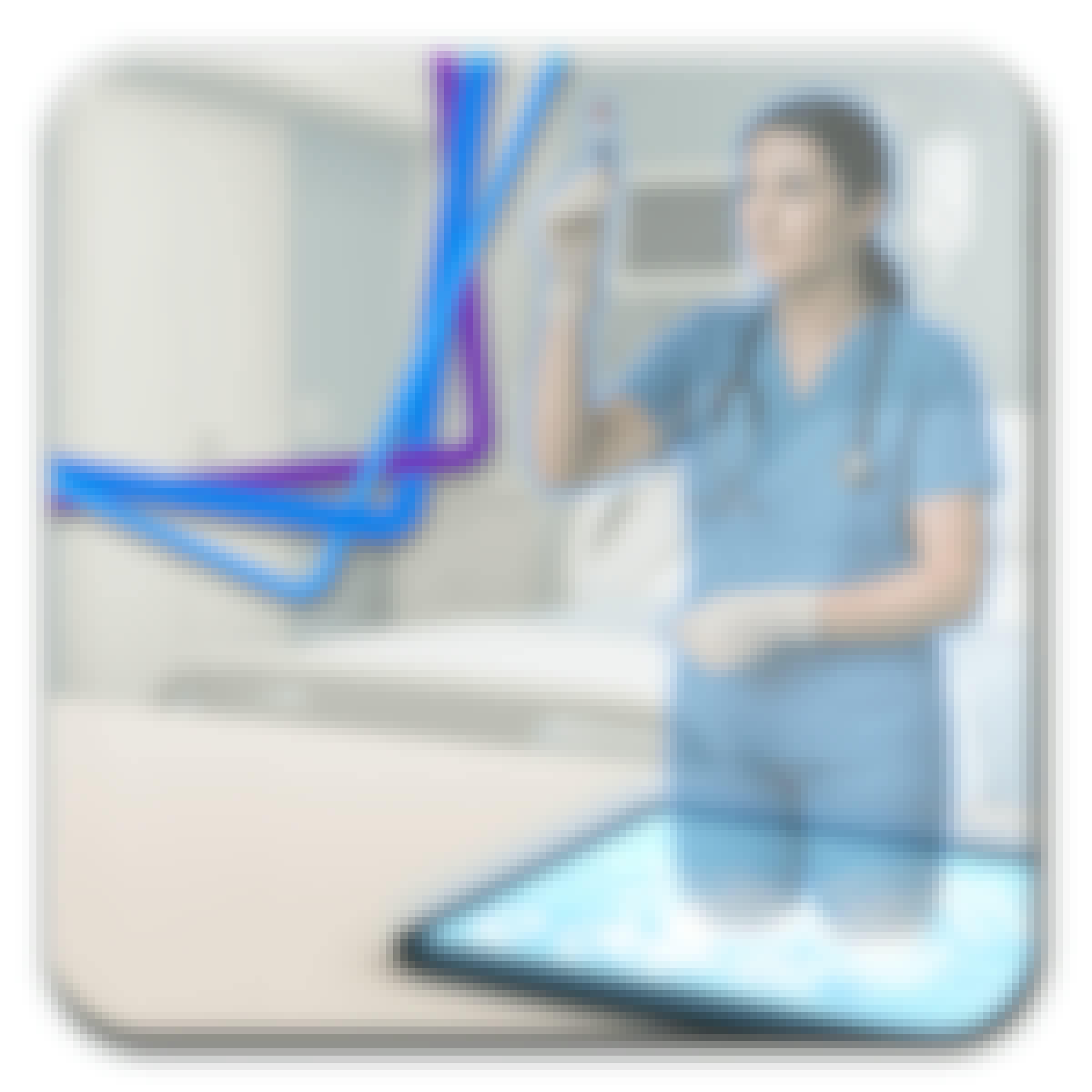 Status: NewStatus: Free Trial
Status: NewStatus: Free TrialSkills you'll gain: Blood Collection, Phlebotomy, Medication Administration, Healthcare Ethics, Automated External Defibrillator, Cardiopulmonary Resuscitation (CPR), Medical Emergency, Emergency Medicine, Emergency Departments, Respiratory Care, Pathology, Acute Care, Patient Safety, Hospice, Emergency Response, Infection Control, Critical Thinking and Problem Solving, Decision Making, Critical Thinking
 Status: NewStatus: Free Trial
Status: NewStatus: Free TrialSkills you'll gain: Medical Billing and Coding, Billing, Revenue Cycle Management, Billing Systems, Accounts Receivable, Billing & Invoicing, Claims Processing, Payment Processing and Collection, Health Information Management, ICD Coding (ICD-9/ICD-10), Health Care Procedure and Regulation, Regulatory Compliance
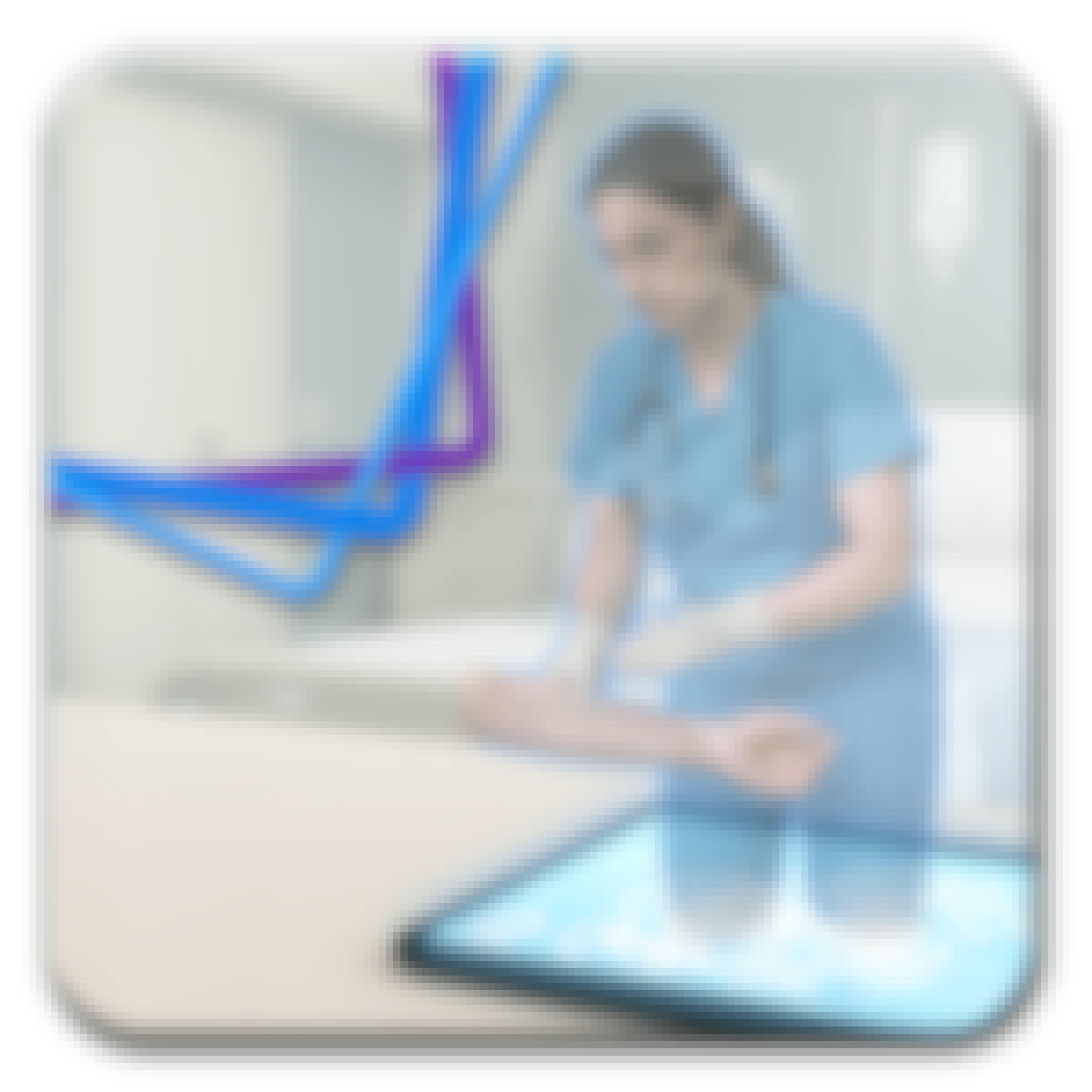 Status: NewStatus: Free Trial
Status: NewStatus: Free TrialSkills you'll gain: Vital Signs, Patient Evaluation, Health Assessment, Patient Education And Counseling, Blood Pressure, Mental and Behavioral Health, Patient Treatment, Clinical Experience, Triage, Clinical Nursing, Nursing, Patient Safety, Healthcare Industry Knowledge, Respiration, Medical Surgical Nursing
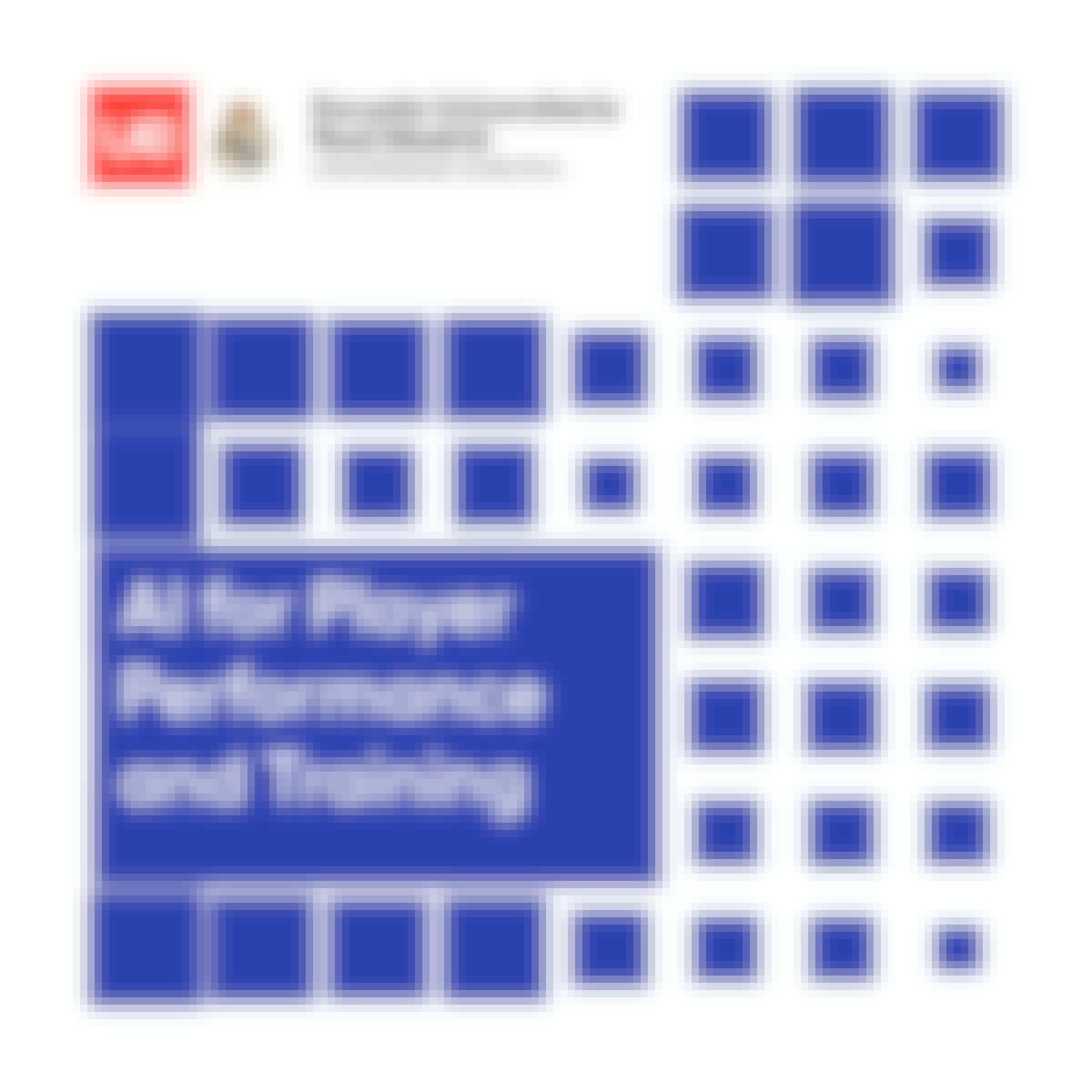 Status: NewStatus: Free Trial
Status: NewStatus: Free TrialReal Madrid Graduate School Universidad Europea
Skills you'll gain: Injury Prevention, Data-Driven Decision-Making, AI Personalization, People Analytics, Artificial Intelligence, Health Technology, Coaching, Rehabilitation, Real Time Data, Predictive Analytics, Medical Equipment and Technology, Advanced Analytics, Data Analysis, Organizational Strategy, Competitive Analysis, Process Optimization, Technology Solutions, Goal Setting, Talent Recruitment, Physical Science
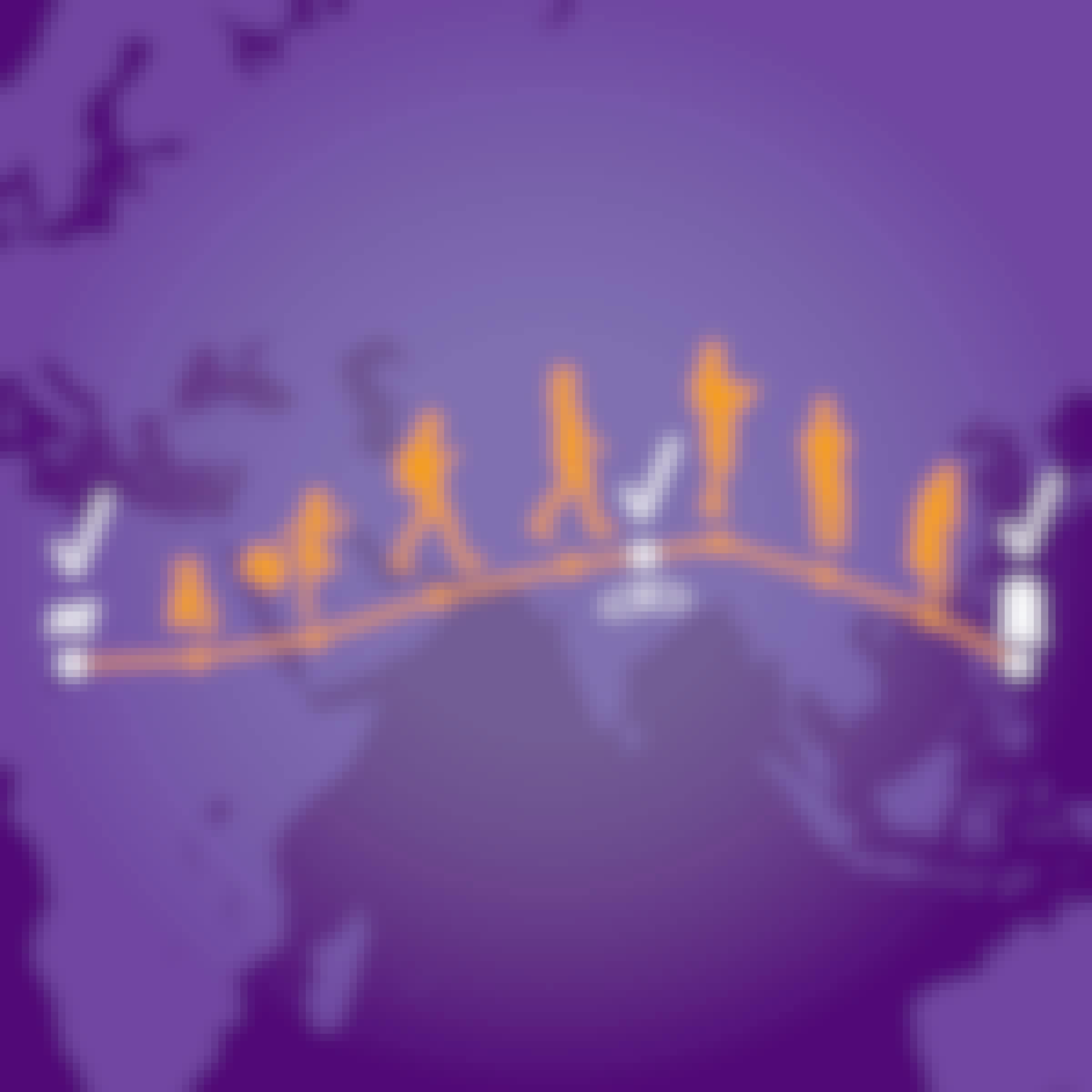 Status: New
Status: NewJohns Hopkins University
Skills you'll gain: Public Health, Public Health and Disease Prevention, Health Equity, Health Information Management and Medical Records, Demography, Vital Signs, Health Policy, Maternal Health, Chronic Diseases, Data Quality, Data Collection, Medical History Documentation
 Status: New
Status: NewUniversity of Cambridge
Skills you'll gain: Psychology, Neurology, Medical Imaging, Non-Verbal Communication, Social Sciences, Image Analysis, Research, Research Methodologies
In summary, here are 10 of our most popular medical courses
- Improving Diagnostic Accuracy with GenAI: Coursera Instructor Network
- Registro civil y estadísticas para la salud de la población: Johns Hopkins University
- GenAI for Healthcare: Transforming Personalized Care: Coursera Instructor Network
- GenAI for Patient Care Coordinators and Case Management: Coursera Instructor Network
- GenAI for Patient Scheduling & Appointment Management : Coursera Instructor Network
- International Perspectives on Health and Nursing 健康和护理的国际化视角: Peking University
- Every Second Counts: Advanced and Emergency Clinical Skills : Immersify
- The Billing and Collection Process: AAPC
- Vital Signs, Vital Skills: Essential Patient Assessments: Immersify
- AI for Player Performance and Training: Real Madrid Graduate School Universidad Europea










